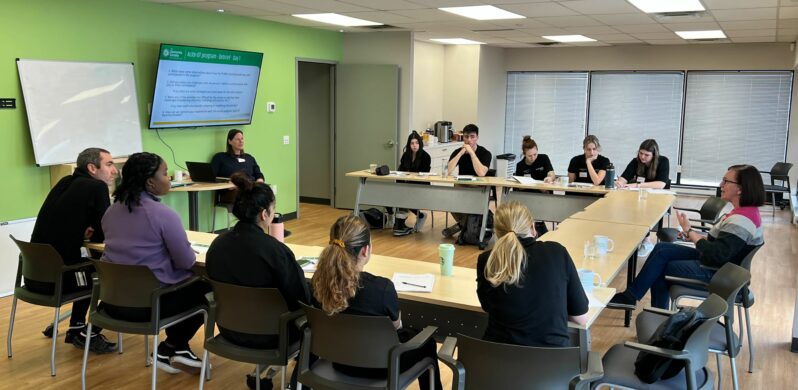
Tyler Morton has a good memory. Just barely into his 20s, Tyler’s mind works the way a 20-year-old’s mind normally works. In his third year of Commerce and Finance at the University of Ottawa, Tyler could probably tell you everything you needed to know about fixed income investments and corporate finance theory.
That said, as good as a 20-year-old’s memory is, Tyler doesn’t really remember his grandfather. He remembers Papa, as he called him, and the card games they used to play. He remembers biking to Nana and Papa’s house in the summer, and ice cream at Hog’s Back Park. But his grandfather, John Morton? The man who had a PhD in chemistry and did incredible research at the National Research Council? Tyler doesn’t remember him.

Tyler’s sister Kristen, a little bit older, has a few more vivid memories. Papa taking up downhill skiing at the age of 69 after being a cross-country enthusiast his entire life. She remembers the vivid sense she got from watching him that age wasn’t something that forced Papa into a box and defined him, but rather that he was deciding for himself what being 69 meant. That said, Kristen has only a few more such memories than does Tyler.
As children, very few of us make an effort to reach beyond our immediate surroundings for meaning or context. Tyler was no exception – when Papa took him on a bike ride, he would enjoy the bike ride. He wouldn’t ask Papa about the research he was currently undertaking, or ask to hear a story about his time at university.
Tyler regrets this immensely now. He really wishes he had taken the time – but he’s being a little too harsh on himself. After all, what eight year old is going to sit still and listen as his Papa explains the finer nuances of his paper on “anisotropic hyperfine interactions of rare-gas nuclei near trapped hydrogen atoms”?
Young children’s earliest memories are usually succeeded over time with newer “earliest” memories. Memories from the preschool period tend to get lost as they are replaced by other memories until about the age of 10. It is around this time that memories ‘crystalize’, and become the familiar early memories we carry around with us for the rest of our lives. Tyler was about 10 when his Papa was diagnosed with dementia.

It was an unfortunate coincidence of timing. Tyler was growing into his own persona over the same exact period where Papa was growing out of his. And now, almost all of Tyler’s memories around Papa are framed in the context of “patience”.
Tyler was 11 or 12 when his parents started to warn him and his sister Kristen “you’ll have to be patient with Papa. He is going to forget some things, and you may have to tell him all over again”. He remembers playing a card game called “sevens”, a game they had grown up playing together. The whole family would patiently explain to Papa how the game worked, and would patiently explain it again when he forgot midway through.
Papa died when Tyler was 17. He was just old enough to start understanding the man his grandfather had been, but it was too late to ask him about it. In the years since, Tyler has joined his father Paul in advocating for people with dementia and their caregivers, being part of the Walk For Dementia these past two years. This year, Tyler will be joining his dad’s team, GGFL, once again.









